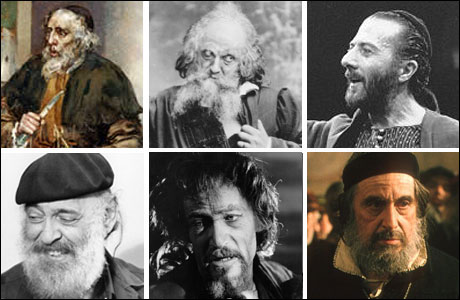APEE panel on the ethics of the financial crisis
At this year’s APEE conference, I am chairing a session on “Ethics and the Financial Crisis.” The rationale for the session: Many conferences and debates are focusing on the economics and politics of the crisis, but much less attention is being focused on the core ethics issues involved. Here are the participants and the titles […]
APEE panel on the ethics of the financial crisis Read More »
